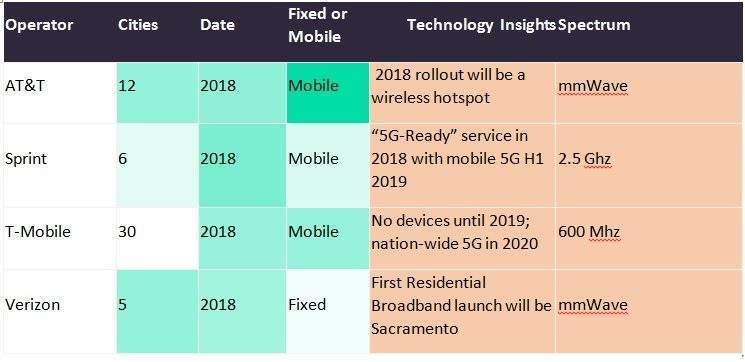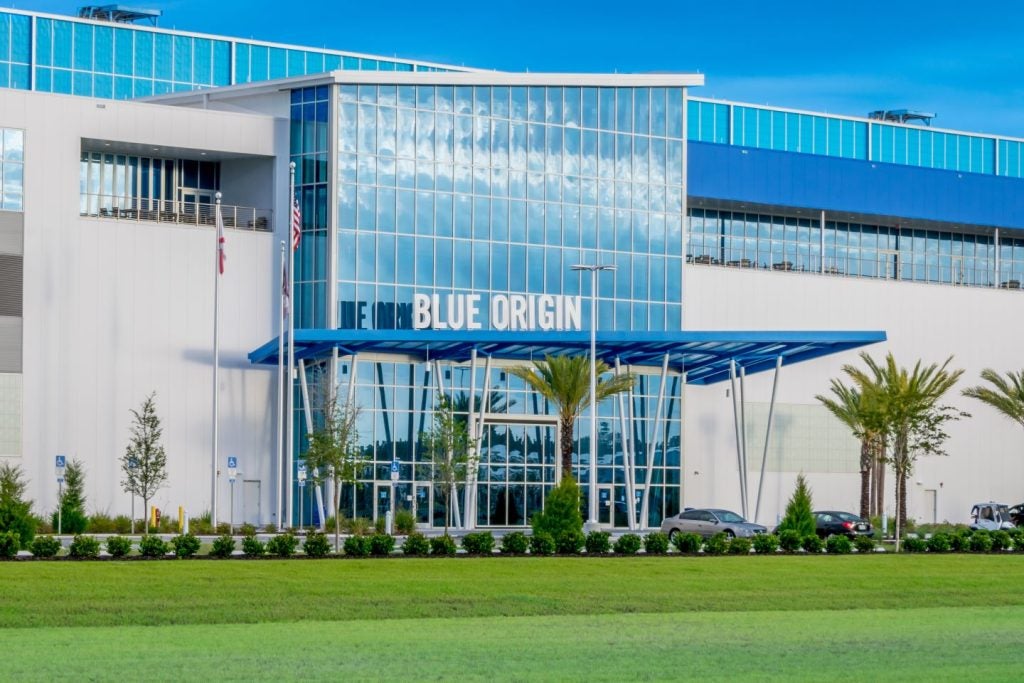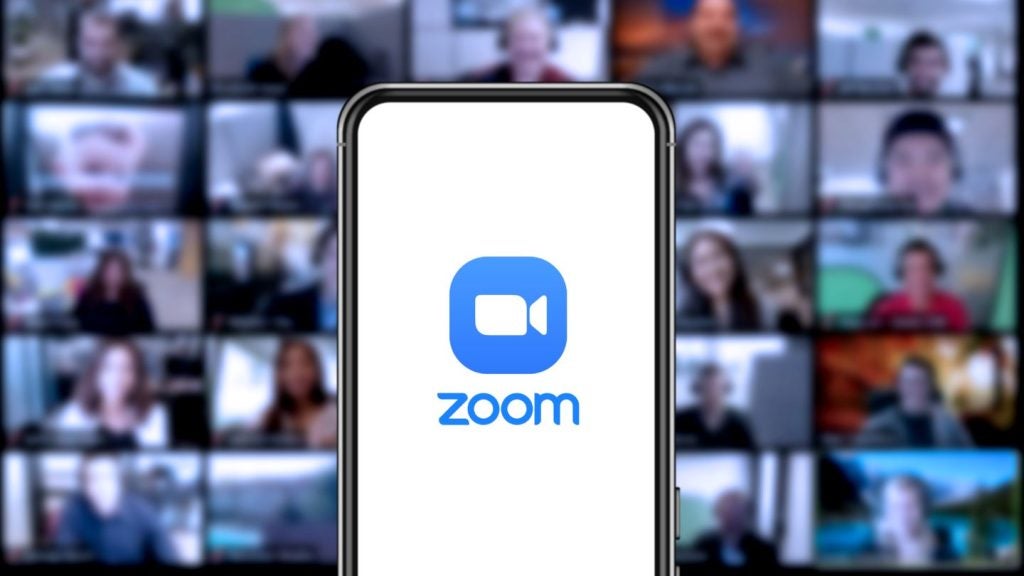All major US wireless operators are rolling out 5G this year. However, launch dates, use cases and underlying technologies all differ.
While the other three operators are planning mobile roll-outs from the beginning, Verizon is sticking with fixed broadband for now.
And while AT&T, Sprint and T-Mobile claim mobile launches in 2018, standardised 5G with devices that can run on it are not expected until 2019.
Aside from faster, lower latency services, and the futuristic advent of driverless cars and surgeon-free operations, 5G allows for more granular pricing and use case types via its “network slicing” capability.
This lets network operators choose the characteristics they need per slice such as level of latency, throughput, the number and type of devices to be supported and the pricing model.


US Tariffs are shifting - will you react or anticipate?
Don’t let policy changes catch you off guard. Stay proactive with real-time data and expert analysis.
By GlobalDataBenefits for consumers and business users
According to the suppliers, the benefits of 5G to consumers will include higher quality, faster speeds, wider coverage (indoors and out), and lower latency – this translates to better support for applications that use streaming video or are aimed at the interactive gaming user base. 5G will also support the growing market for applications that use Augmented and Virtual Reality technologies.
For enterprise, massive communications traffic is expected from sensors embedded in roads, railways, airfields and vehicles that are all communicating with each other. 5G also aims to leverage its inherent reliability and low latency to control critical services and infrastructure for public safety, government organizations, and utilities.
Real-time video streaming, support for IoT applications such as autonomous vehicles, and advanced use of robotics in manufacturing are other likely use cases in the not-too-distant future.
But there remain sceptics about the use cases for 5G: will they be different enough from 4G to allow operators to recoup their investments? Are 2018 launches meaningful when devices won’t be ready until 2019? And as far as the race to launch services is concerned – Does it really matter which operator gets there first?







